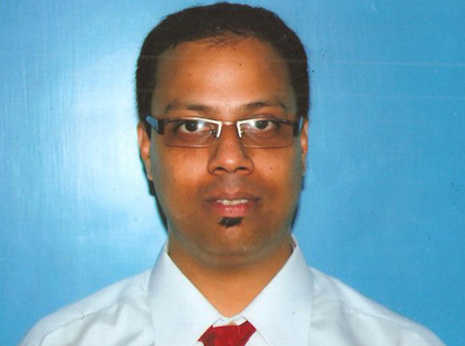
Eighteen-year-old Prasun Vohra was a sensitive young man and a highly gifted student. When he gained admission into one of India’s top engineering colleges, he thought his most cherished ambition was on its way to being realized. But three days after starting at college, he hanged himself. He had been a victim of bullying by fellow students, ‘ragging’, as it is known in India; subjected by his seniors to a barrage of initiation ordeals and embarrassments, which included drinking his own urine. The supreme court, which has put legislation in place that seeks to end the practice, defines ragging as “any disorderly conduct which has the effect of teasing, treating or handling with rudeness any other student”. In earlier times and other cultures it would have simply been called ‘bullying’. An increasingly popular new word for it, imported from the U.S., is ‘hazing’. Whatever it is called, it continues to be rampant. And as they pack their bags to leave home and study in another state or city, an unsettling question lurks at the back of many students’ minds: “will I be ragged?” The court pays particular attention to the custom of humiliating new students, under the guise of initiating them, by stating that ‘rowdy or indisciplined activities’ which may cause ‘annoyance, hardship or psychological harm’ or raise ‘fear or apprehension in a fresher or a junior student’ fall under the purview of ragging. It goes on to say that so-called gestures of friendliness often cross ‘limits of decency, morality and humanity’ when senior students attempt to welcome freshers in a ‘different manner’. The law also makes it clear that ‘management must take a responsibility to curb ragging and to generate confidence in the mind of students.’ Errant institutions who do not apply robust anti-ragging policies can be taken to task, to the extent of their grants and recognitions being withheld or even withdrawn. Yet despite these measures, Prasun Vohra’s death is by no means an isolated incident. Worse still, along with the many registered cases, many more never see the light of day. It is widely believed that educational institutions cover up cases to protect their reputation and, of course, because of monetary factors. Victimized students have been known to have their silence bought, with promises of better facilities and privileges, whitewash inquires and even private settlements. All too often, they never even bring the bullying incident out into the open, preferring to suffer than to be the odd one out and risk more humiliation. It’s an understandable survival strategy and most students see just one other option, which is to quit. The most perplexing question is: why does it go on? Is it a case of deriving pleasure? Is it about making a show of power and superiority? In fact it is a combination of both those elements in different measures, according to psychologists, counselors and social workers. Unresolved issues in the family and the pressures of living in 21st century society can all engender depression, frustration and ultimately aggression in an individual. Of course it is also rather fashionable to be seen as an ‘angry young man’. And once seen in that light, an individual can find himself under peer pressure to live up to the image. Then there is the current obsession with socio-economics, which creates much of the arrogance in today’s world; a world driven by the power of money, position and status which counts above all else and means that one who has them can do no wrong. “My parent is a celebrity so nothing will happen to me,” thinks the child of someone famous. Then, when trouble ensues they demand: "Do you know who my parent is?" When this year’s fresher victims become next year’s senior torturers there is also the simple motive of getting revenge. It could be characterized as ‘just tradition’ but psychologists would say it’s about being the good guy and the bad guy at the same time: “I will embarrass you, but later share my notes with you and induce you into my group.” But most students who have been ragged share the view that the individual who presents himself as the ‘big boss,’ the one with the power, is weak in his mind. If he vents his aggression and violence, he is only settling scores for the atrocities done to him. So the answer is as clear as water in a glass- stop it now! Take a stand and don’t repeat, or allow others to repeat, what has taken place in the past. Shane J Alliew is a quizmaster, presenter of shows, communicator and is involved with research and writing. An ardent social worker, he is a committee member of CAISS.


